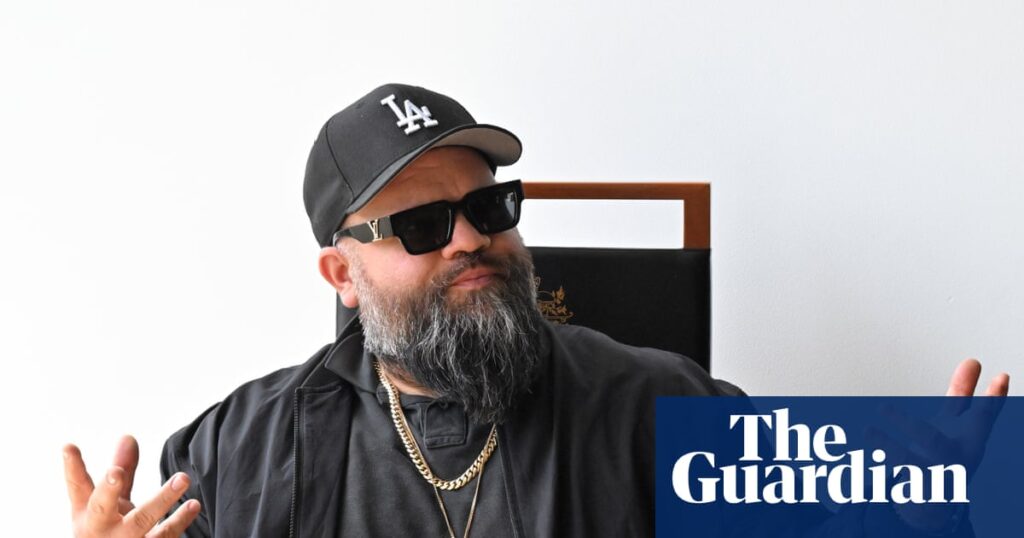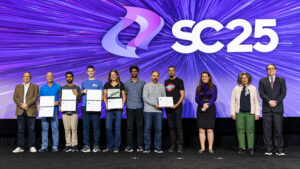
The Productivity Commission is facing intense criticism for its recent report on artificial intelligence, which has sparked a heated debate over the protection of Australia’s creative industries. The report’s recommendation to allow data mining exemptions for tech giants has been met with fierce opposition from artists and lawmakers alike. First Nations rapper Adam Briggs warned that it would be “hard to get the genie back in the bottle” if Australia permits companies to exploit local creativity without fair compensation.
Briggs questioned the rationale behind denying artists their due pay, asking, “Why is it a radical notion that artists should be compensated for their work?” His comments came during a national cultural policy inquiry in Canberra, where senators criticized the commission for allegedly failing to protect artists’ rights.
Senate Inquiry Sparks Controversy
The inquiry, examining AI’s impact on Australia’s creative landscape, saw Liberal senator Sarah Henderson condemning the commission’s interim report. She accused the commission of “abandoning creative industries” by suggesting it is not “realistic” to prevent Australian data from being used to train AI models overseas.
“You, I would put to you, are waving the white flag rather than standing up for our creative industries; you’re saying very clearly it’s not realistic that you could stop this. Copyright in this country is worth protecting,” Henderson stated, questioning the benefits to Australian artists.
In defense, productivity commissioner Julie Abramson emphasized the commission’s openness to policy approaches, including licensing agreements for artists. Abramson noted that the interim report aimed to gather feedback, having received over 400 submissions.
Current Copyright Laws Under Scrutiny
Productivity commissioner Stephen King highlighted the inadequacy of Australia’s current copyright laws in the AI era. He pointed out that when copyright material is used for training AI engines overseas, Australian creatives are not reaping the benefits, nor is the nation gaining from such developments.
The commission’s interim report, released in August, proposed a text and data mining (TDM) exemption to the copyright act, allowing tech companies to use copyrighted work for AI training. However, it admitted during the inquiry that it had not consulted the creative industry or assessed the economic impact of its recommendations.
Industry Voices and Government Stance
Greens senator Sarah Hanson-Young accused the commission of undervaluing the creative industry, noting its consultations with major corporations like Mastercard and Microsoft, but not with artists.
“You consulted with Mastercard, you consulted with Microsoft, you consulted with Meta, you consulted with OpenAI … you consulted with a lot of other players but you didn’t consult with the creative industries,” she remarked, questioning the necessity of the proposed exemptions.
Meanwhile, the government is deliberating its regulatory approach to AI, with Prime Minister Anthony Albanese affirming the importance of supporting the arts and protecting intellectual property. Despite this, the government has no immediate plans to alter copyright laws.
Artists Demand Fair Compensation
Artists present at the inquiry urged the government against considering TDM exemptions. Holly Rankin, known as Jack River, advocated for licensing agreements as the sole means for fair artist compensation. She cited existing deals with organizations like NewsCorp, the Guardian, and AAP as examples.
“A [TDM] exception to the copyright act is not a technical tweak or small change, it would be a fundamental dismantling of our copyright system legalising the theft of Australian culture at scale,” Rankin argued, stressing that technology companies can afford licenses but choose not to.
The announcement comes as the creative community rallies for stronger protections against AI-driven exploitation. As Australia grapples with balancing technological advancement and cultural preservation, the outcome of this debate could set a precedent for the global creative industry.






